Parking On Campus
Parking became an issue the first few weeks of classes for students at Marian University. During that time, returning and new students filled up our limited parking lots and caused confusion on where to park. A surge of anger because of ticketing also surfaced. Some say the police force is stricter in its parking enforcement and others say that miscommunication is to blame.
Issues regarding parking started after the two-week “grace period” had passed.
Presumably during those two weeks, students should have learned their designated parking locations and the procedure to purchase parking permits. However, Lieutenant Steve Dickey, an officer for the Marian University police station, stated that this two-week period is questionable.
“The first two weeks of school are usually, and not guaranteed to be, amnesty weeks,” Lieutenant Steve Dickey, said.
Amnesty weeks are opportunities for students to get used to the rules set forth by the Marian administration and enforced by the police department. After these two weeks, ticketing takes effect.
“The enforcement of parking policies was less strict in past semesters,” Karen Candlish, the Dean of Students said.
“Last year we were a little lax on parking tickets and that’s actually because there was a turnover in the police department,” she said.
Candlish also said that construction was a contributing factor.
“We had a lot of construction last year and so we were just trying to make sure that people could park,” she said.
However, with the station back in gear and clear parking lots labeled for student use, ticketing has increased.
Another perceived parking issue is the lack of parking spaces. Both Candlish and Dickey stated that the lot on 30th Street, with its 300-car capacity, diminished the issue. Regardless, some members of Marian community have spent up to 30 minutes finding a space.
The struggle to find a parking space can be best seen at night. Although, Dickey said that the 30th Street lot has never been filled. There are still concerns over how safe it is to park in that location.
Dickey himself said, “We do not recommend any overnight/residents to park in the 30th Street lot past six or seven o’clock.”
One explanation why students cannot find a spot, and feel the need to park in a handicap place, is improper planning and time management.
“My politically correct response to that would be improper use of time,” Dickey said. “[Students] did not plan ahead for the parking lots that would be close to their class to allow them to have a spot. That would be my guess, or they just don’t want to walk.”
Dickey also said that during his night shift, he could count around 30 spots not being used in the baseball/softball field. However, how safe it is to park in that location is unclear.
Juniors Rachel Kassing and Morgan Raines said that they after parking in the baseball lot their windshields were smashed in with a baseball. Last year, Raines said she parked in one of those places during the off season and came to find her windshield with a suspiciously baseball-sized hole in it, but no ball to be found. Raines reported it to the Marian police, and they agreed that it was probably a baseball, but is not held responsible for damage done to cars in their lots. She was held responsible for paying for the damages.
Similarly, Kassing parked in the baseball/softball lot this month and came to find her window smashed. The next morning she took it to the police station and was told that Marian held no liability. She expressed her understanding but found it troubling that the situation occurred on Marian’s property by a Marian player, yet she also was responsible for the damages.
“That Marian was not liable and would not be paying to fix my windshield,” she said. “The thing is, I understand if they truly aren’t liable, but my car was hit by a Marian student on a Marian baseball team while I was parked in the Marian University parking lot that I paid to park in.”
Kassing was lucky enough to have insurance to cover the broken glass, but the question arises of what should be done for those who cannot afford such instances? Curiosity over whether Marian will construct a net around the field to prevent this or is willing to take other future precautions continues to take up conversation on campus.
Kassing said, “I truly love being at Marian and appreciate all that the opportunity to be at the school has afforded me, but I just don’t think it’s right to do nothing about a problem that has affected multiple students.”
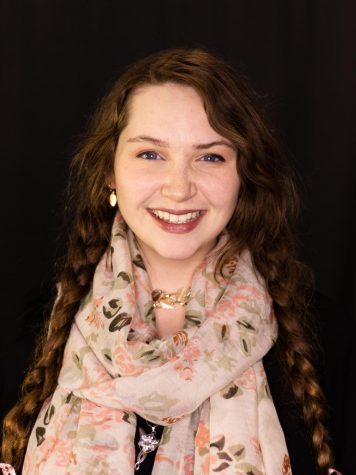
Julia Akre is studying Communication and English at Marian, and minoring in Pastoral Leadership. Her concentration is in Multimedia Journalism. She covers...

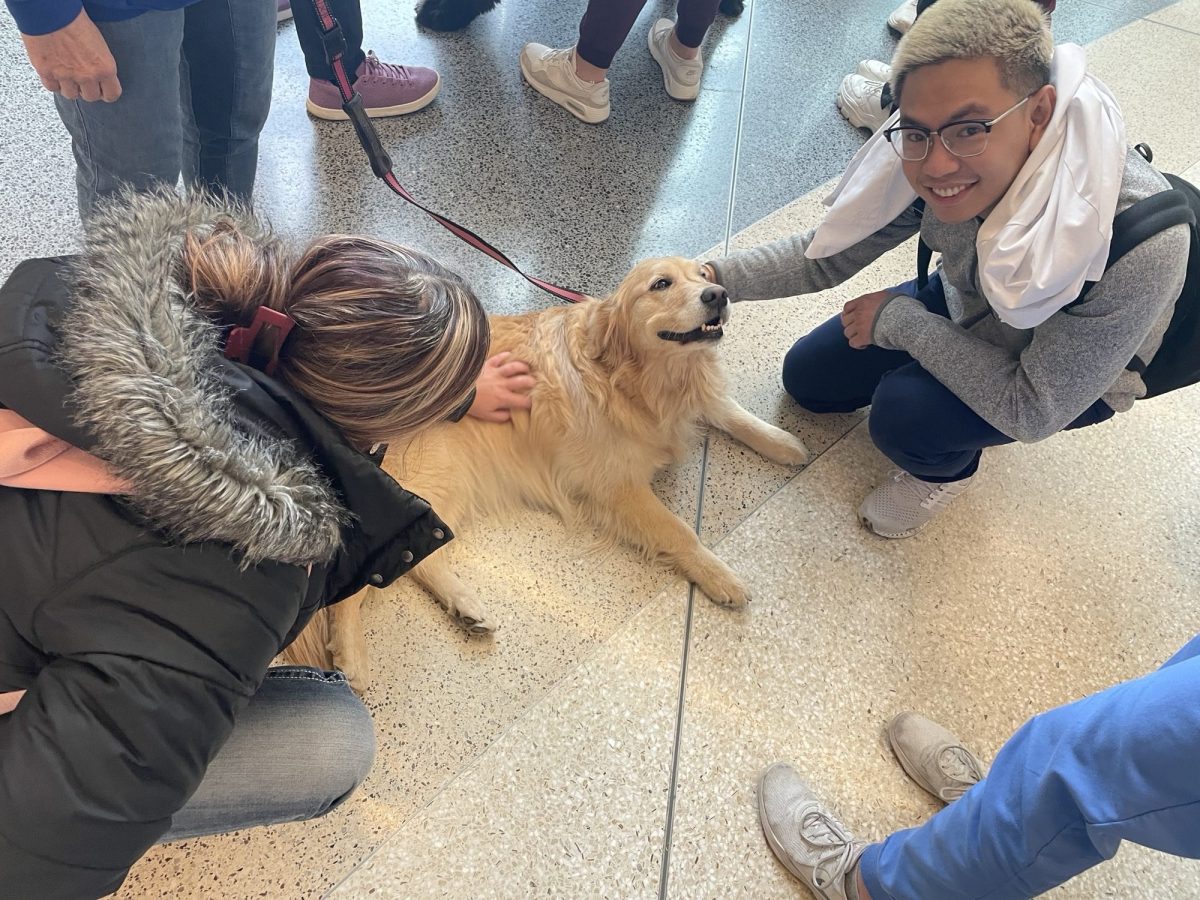

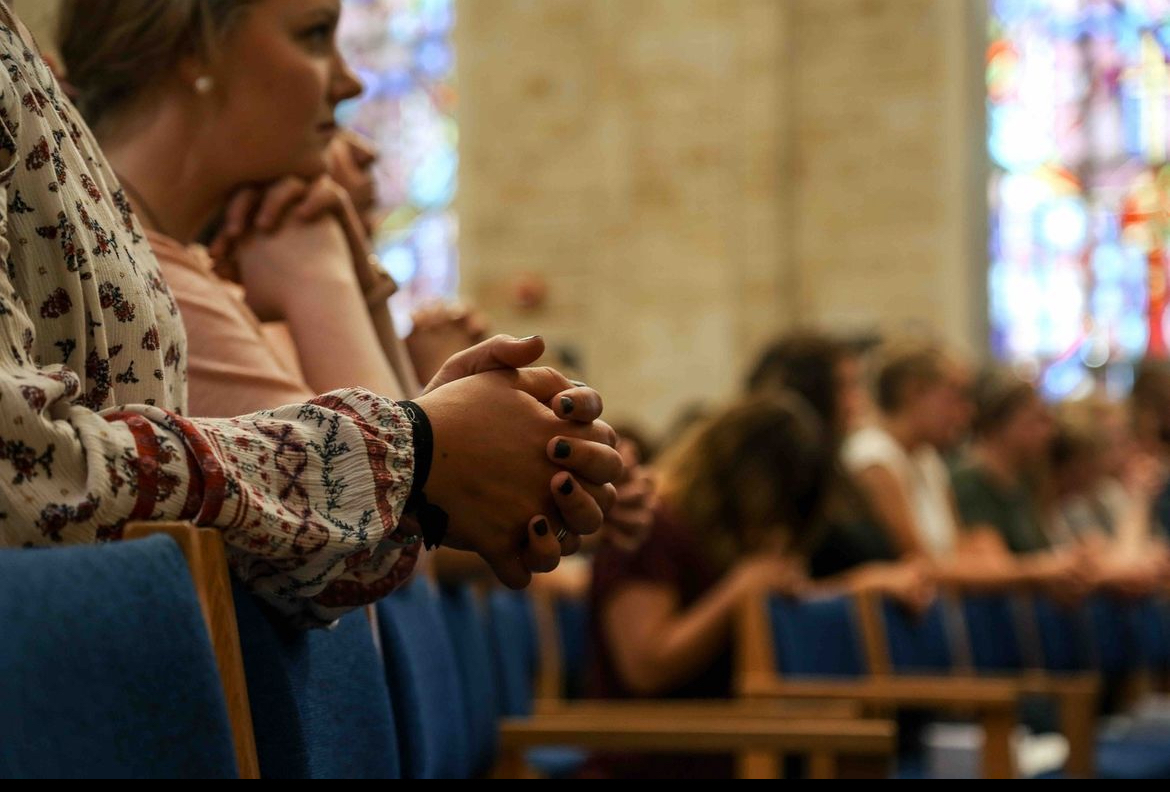
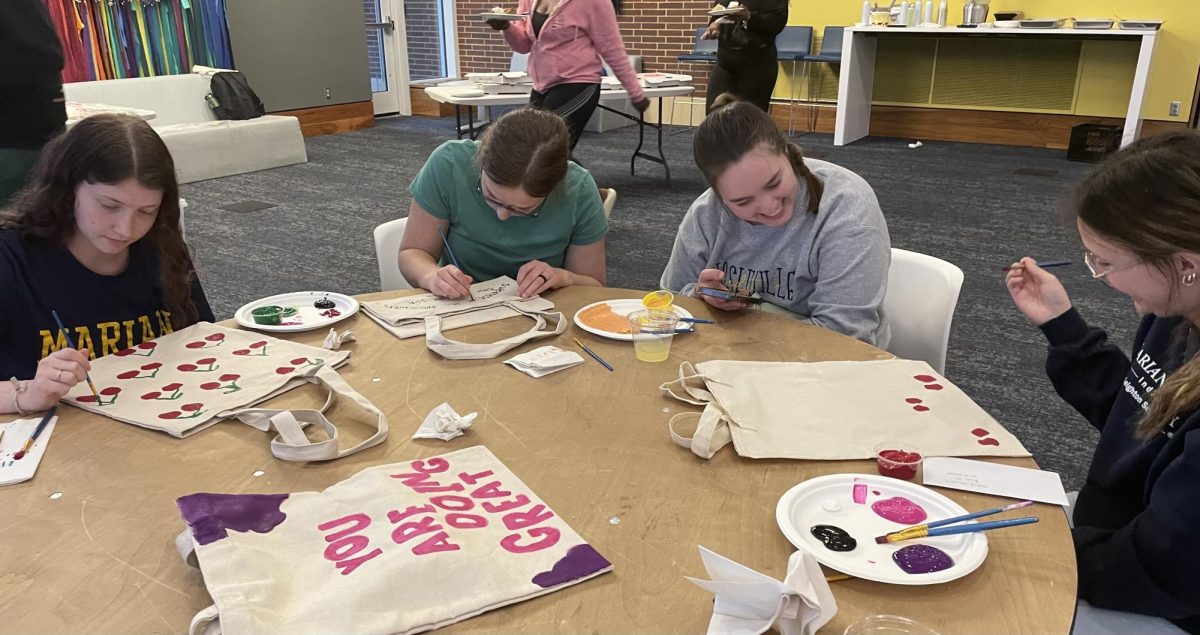
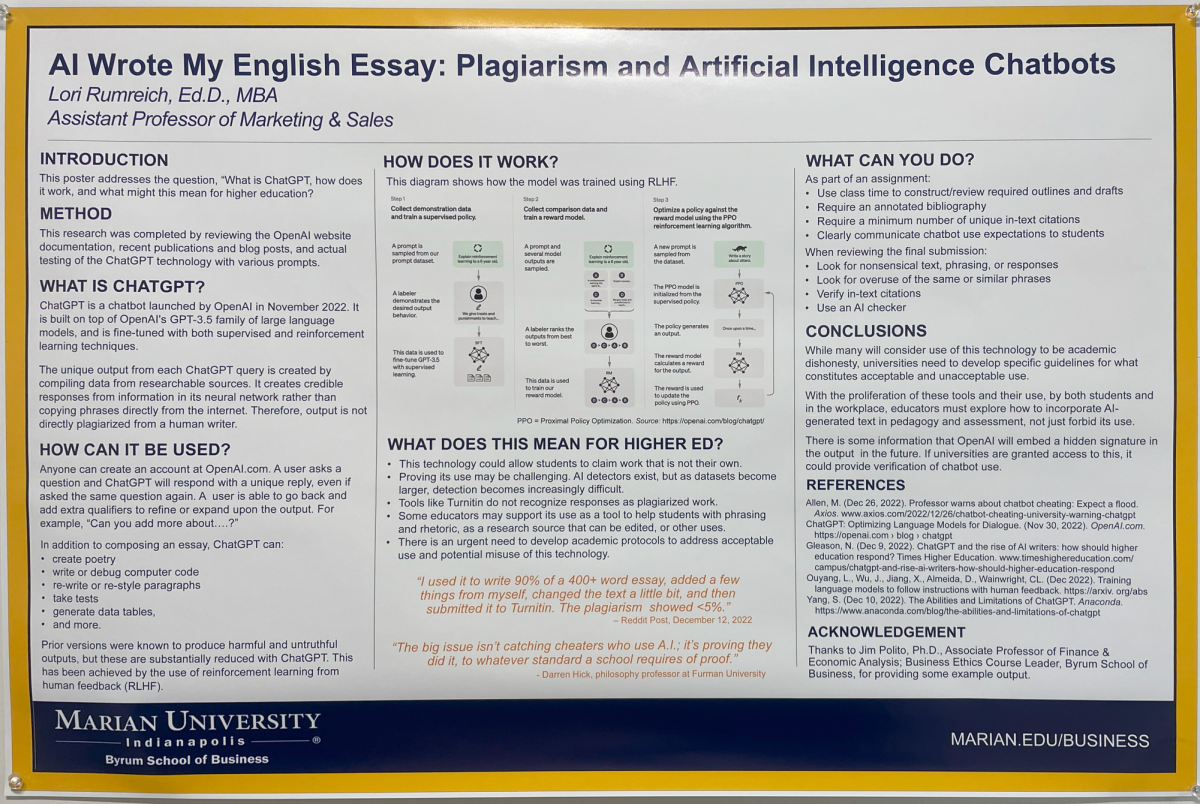


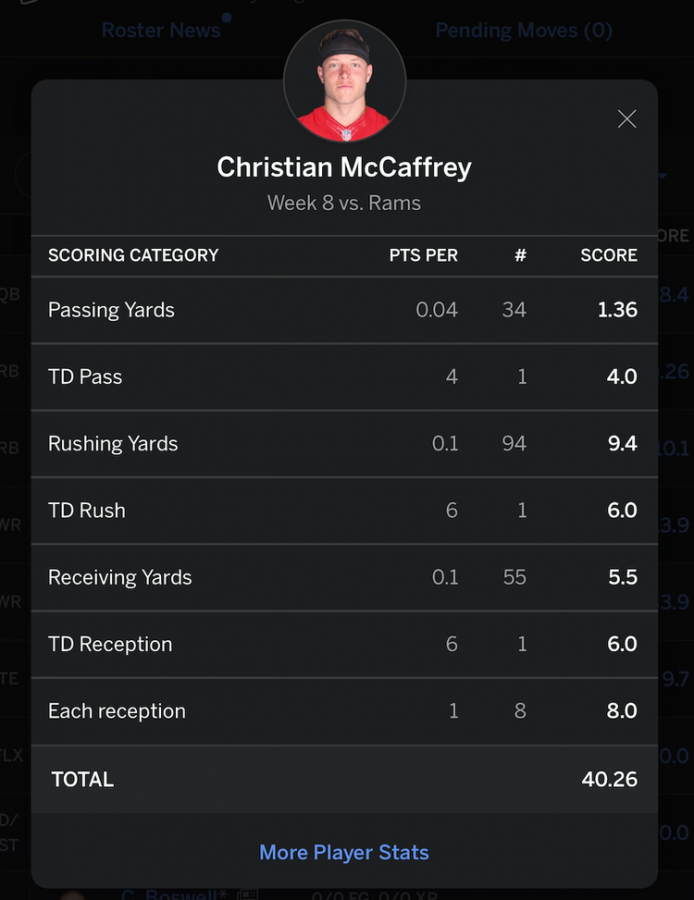
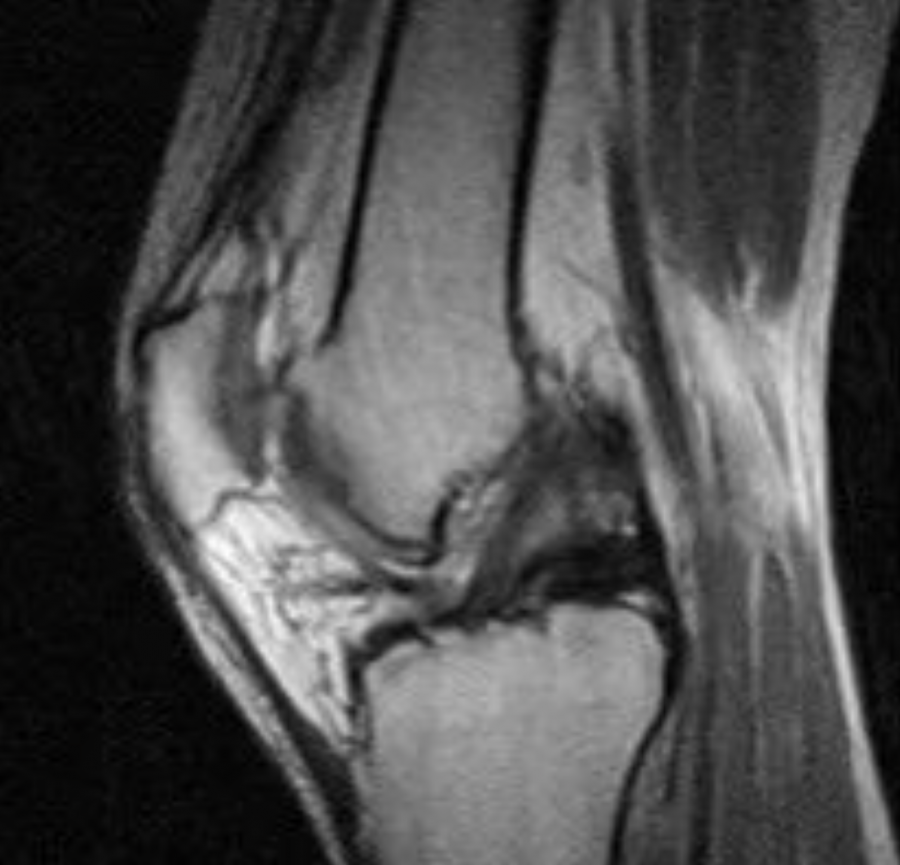
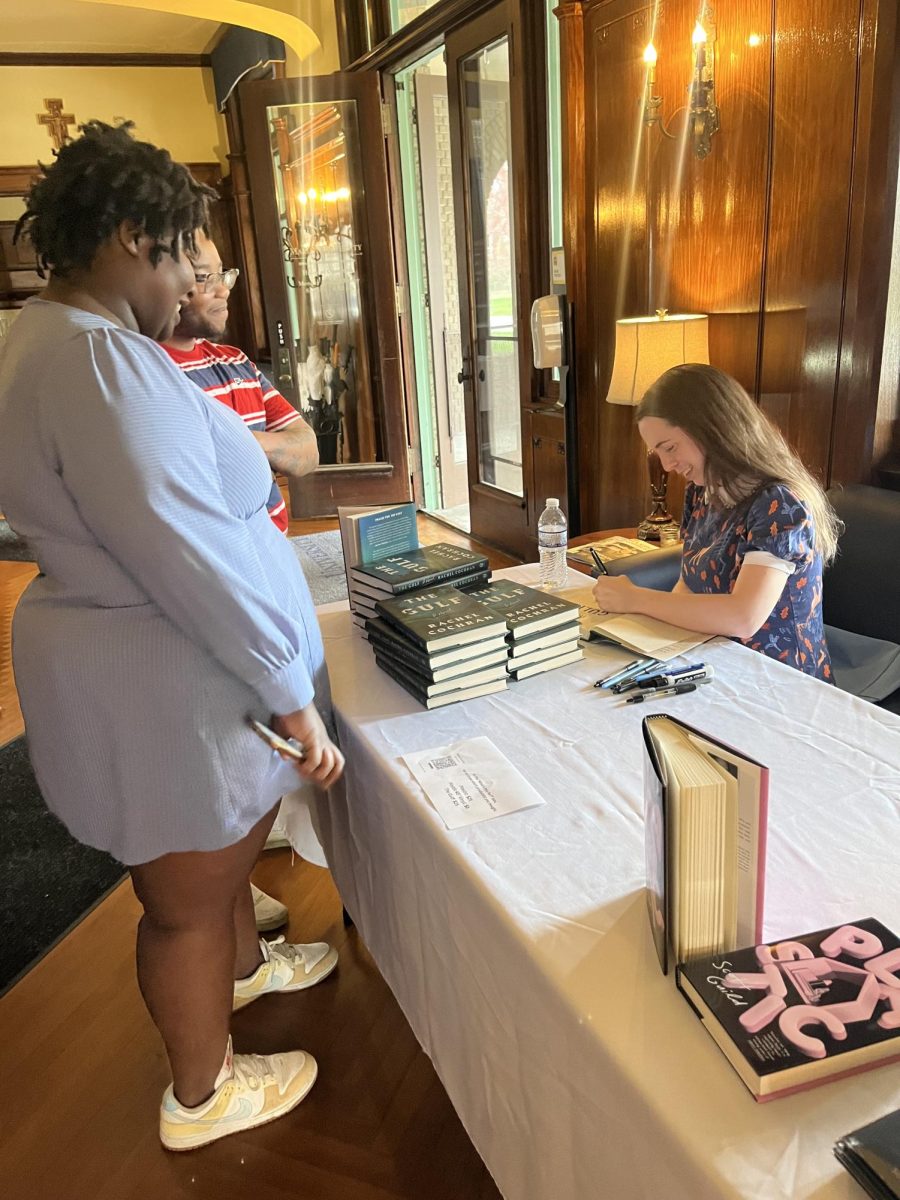
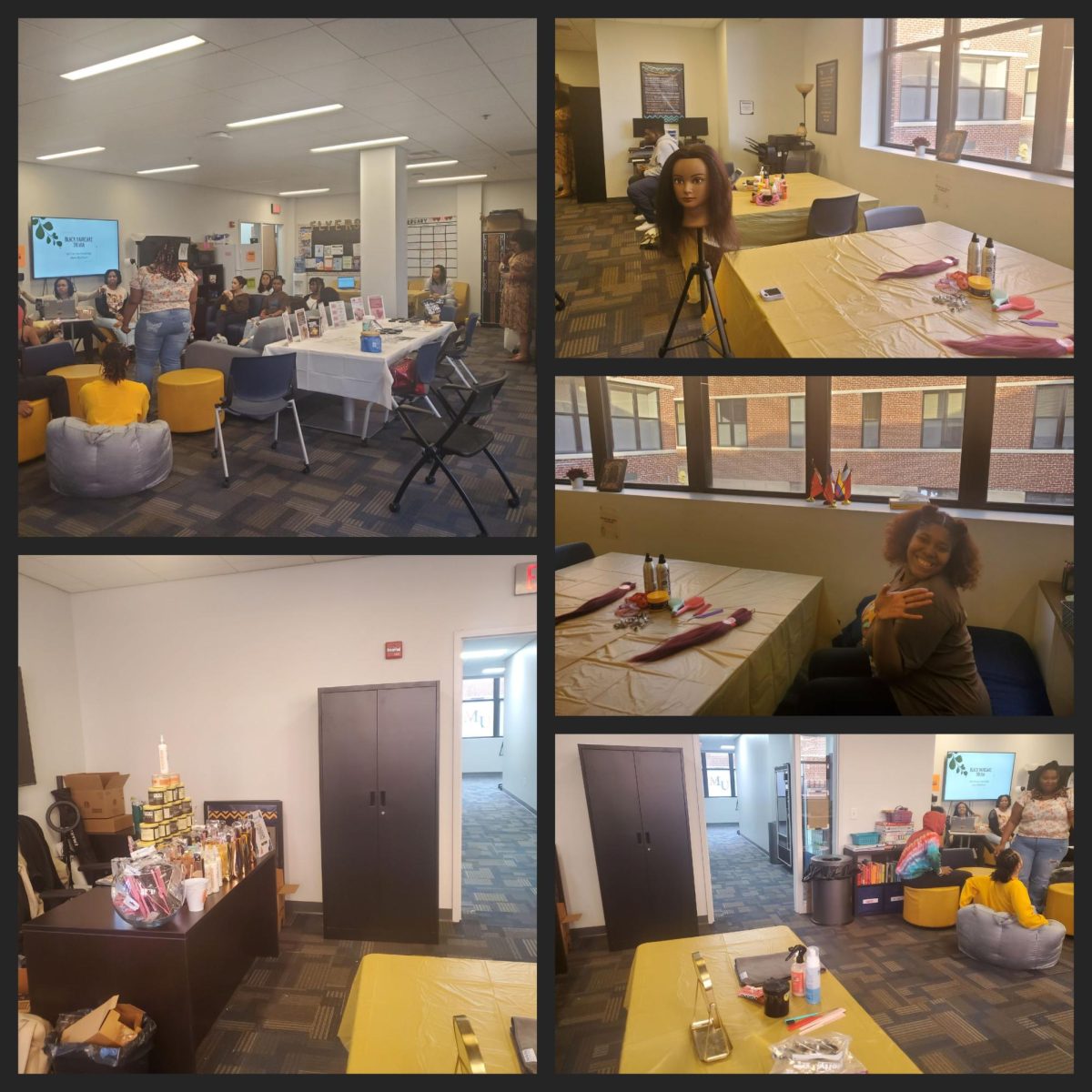
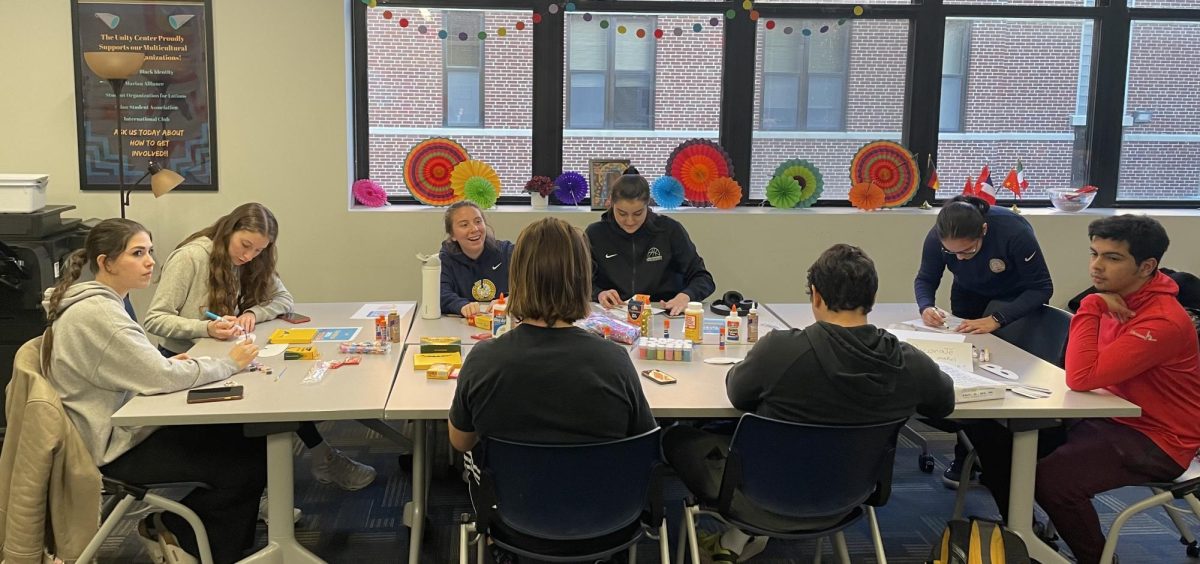
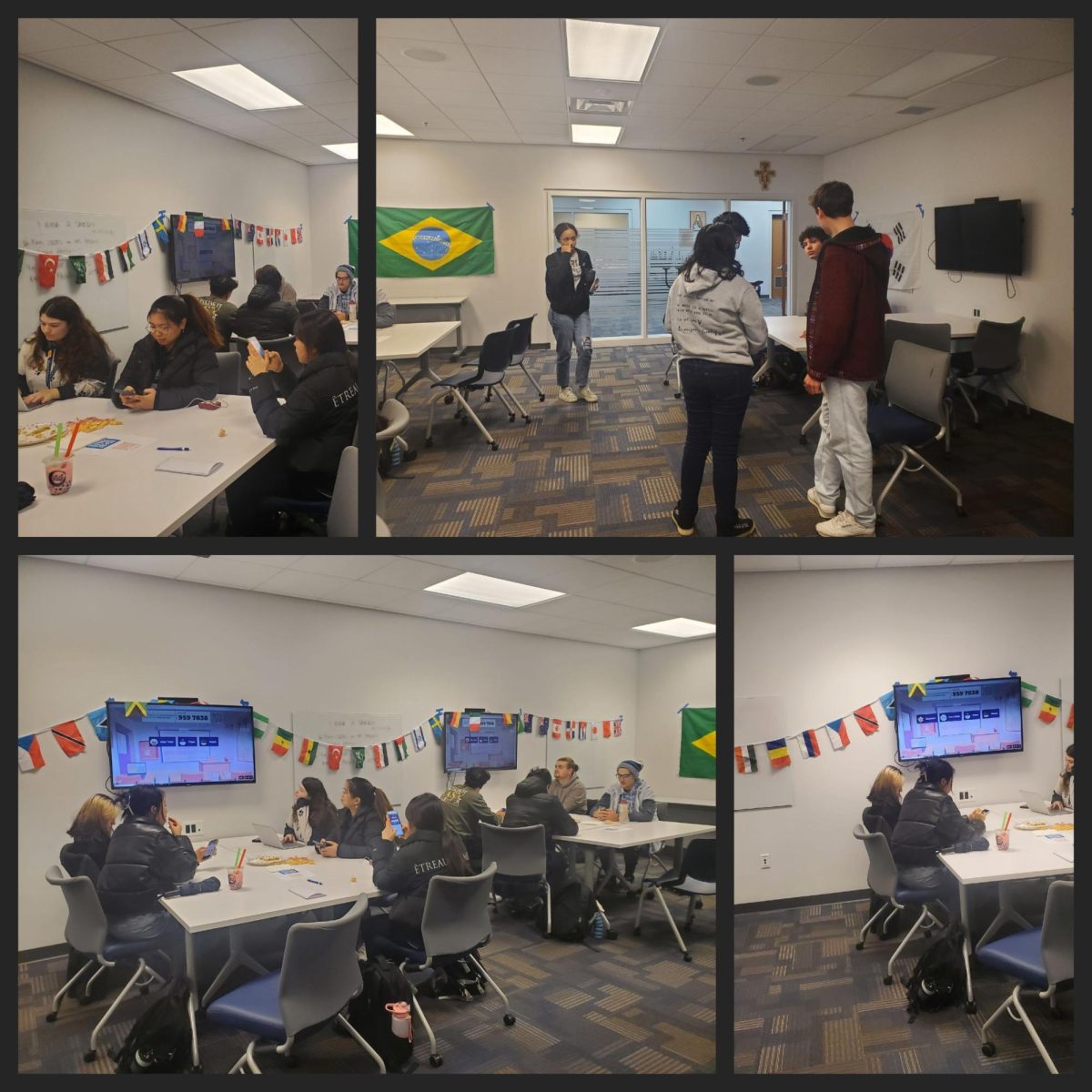
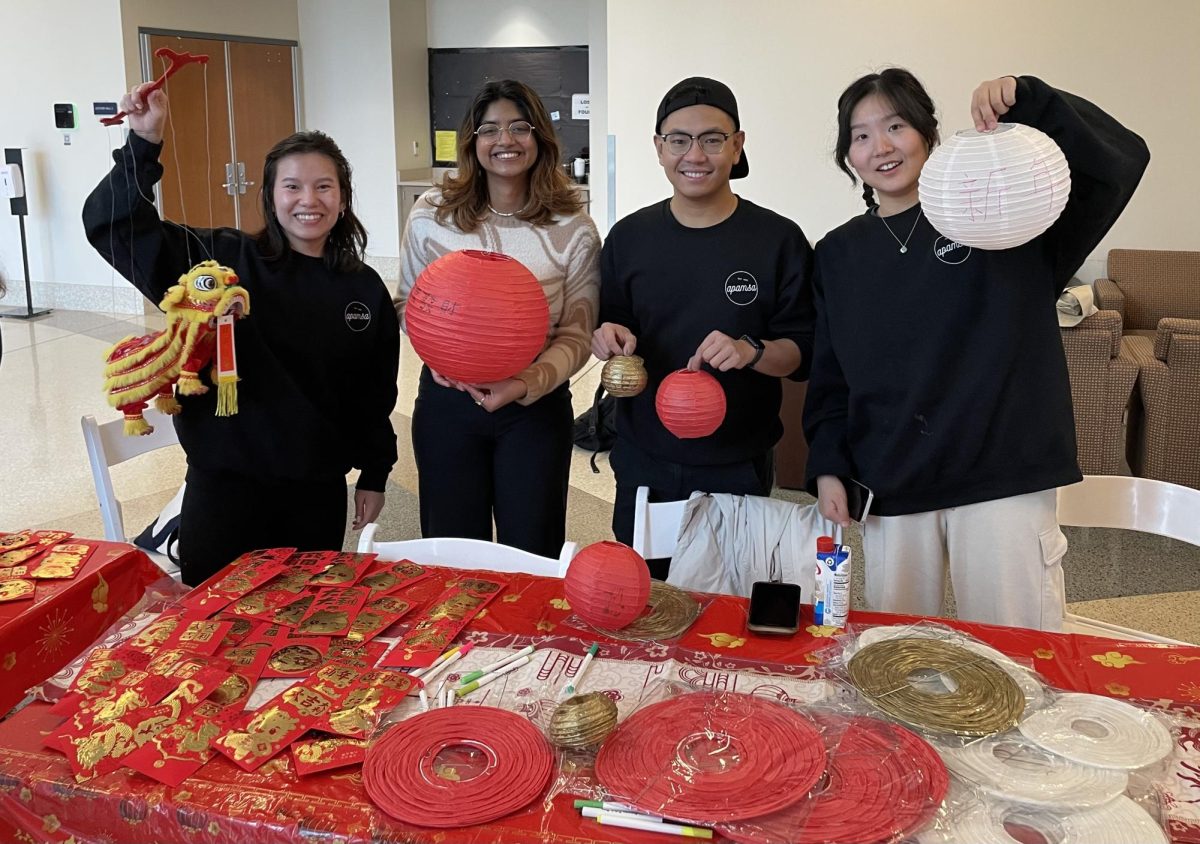
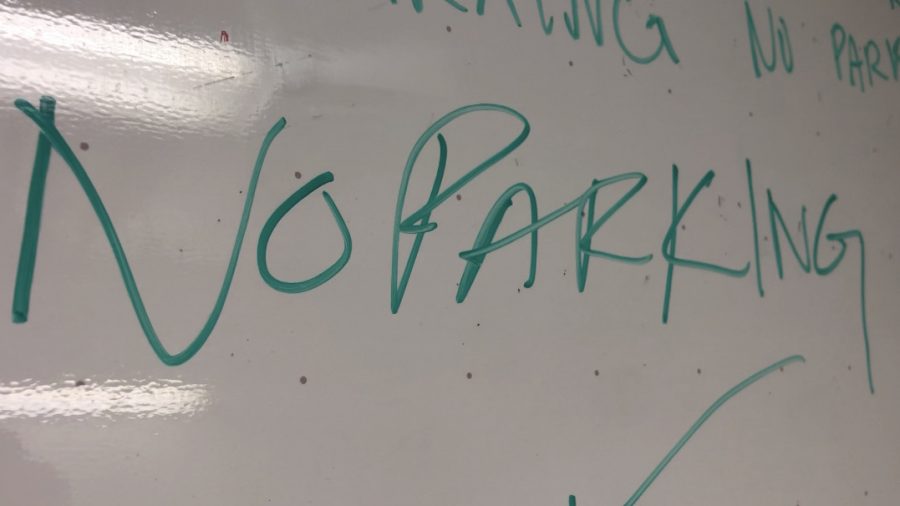


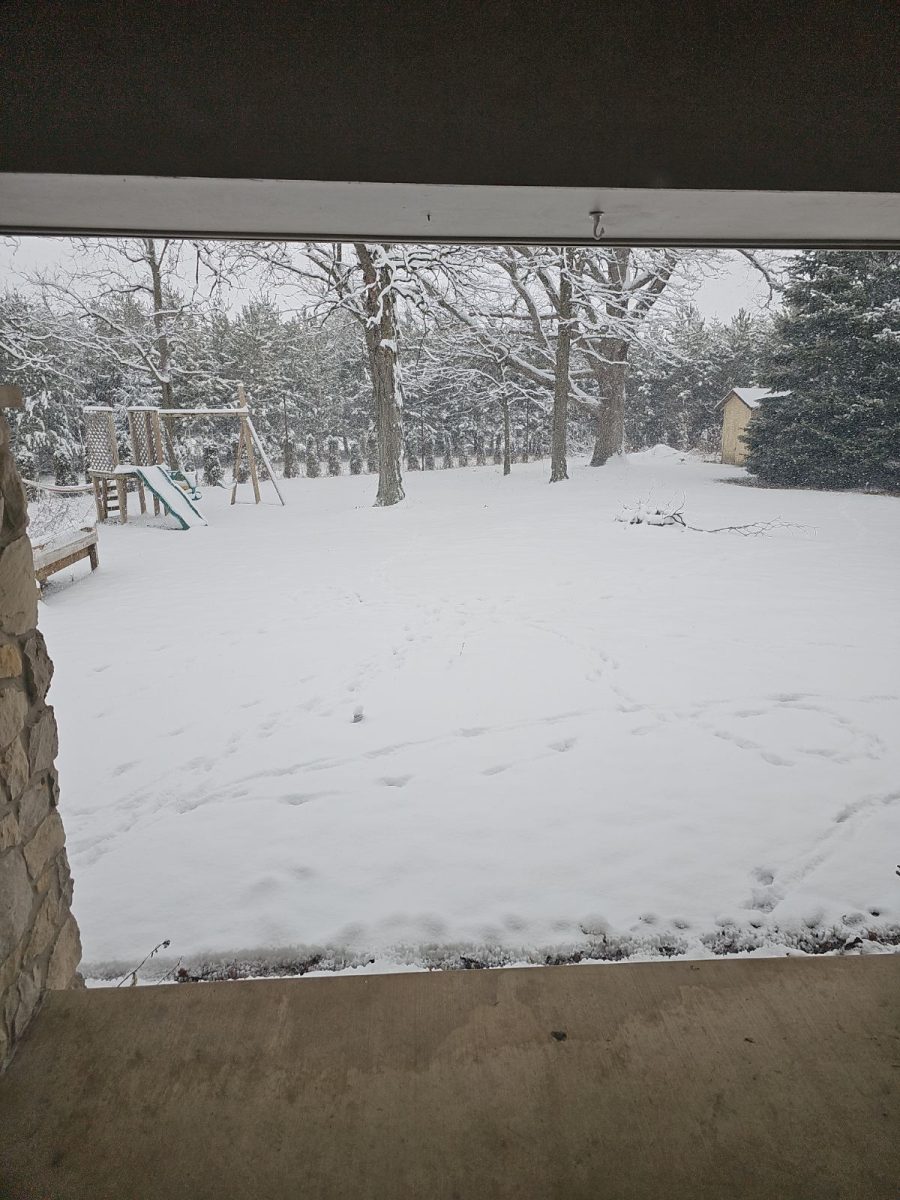
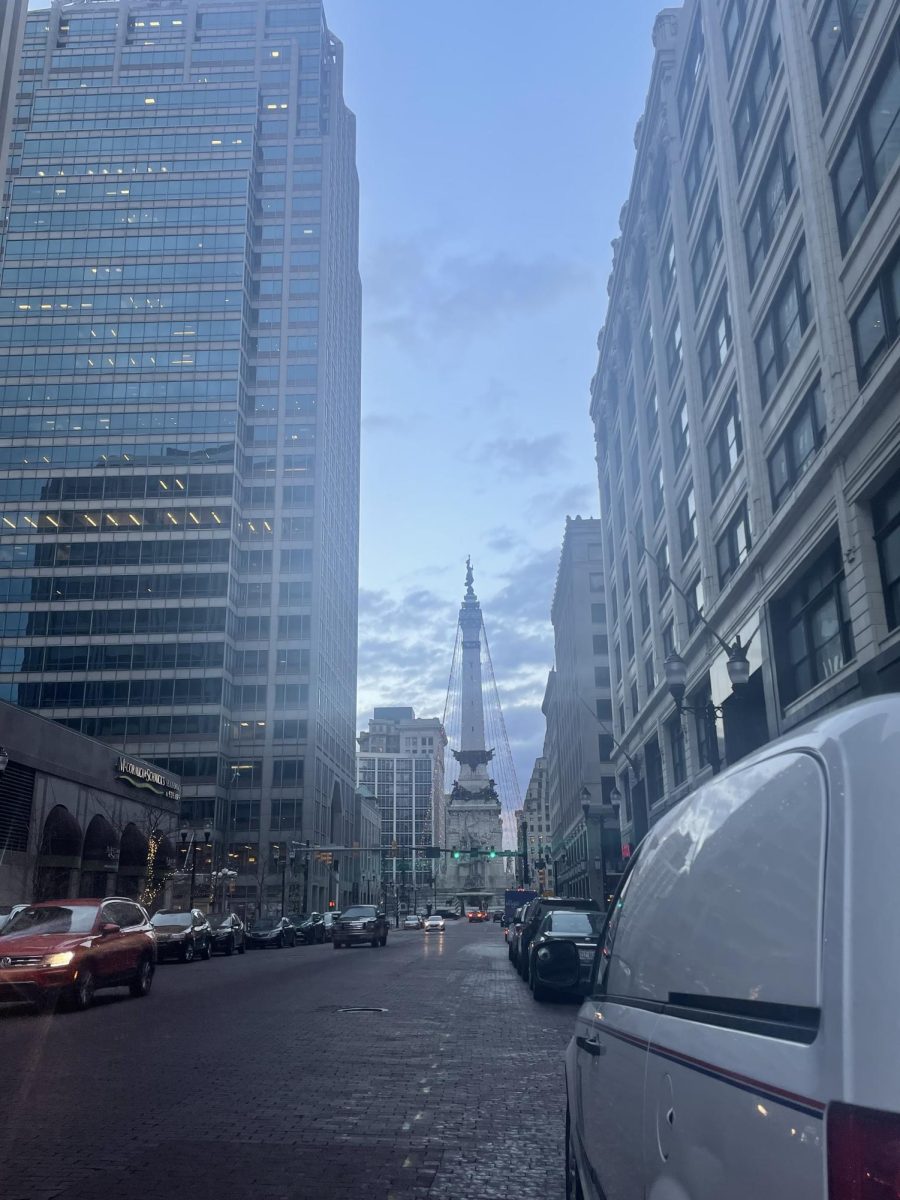



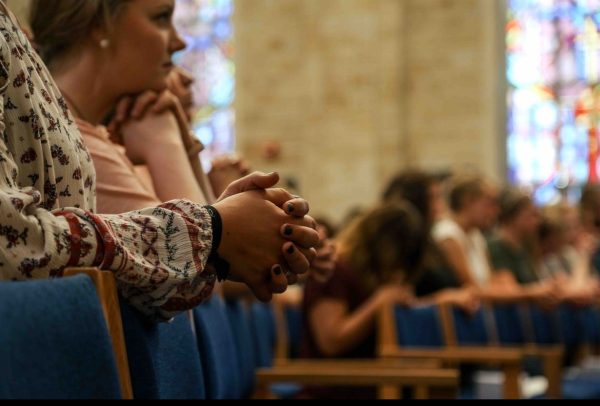
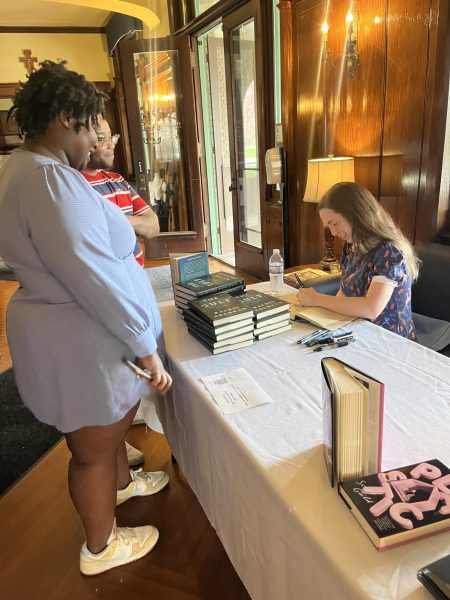
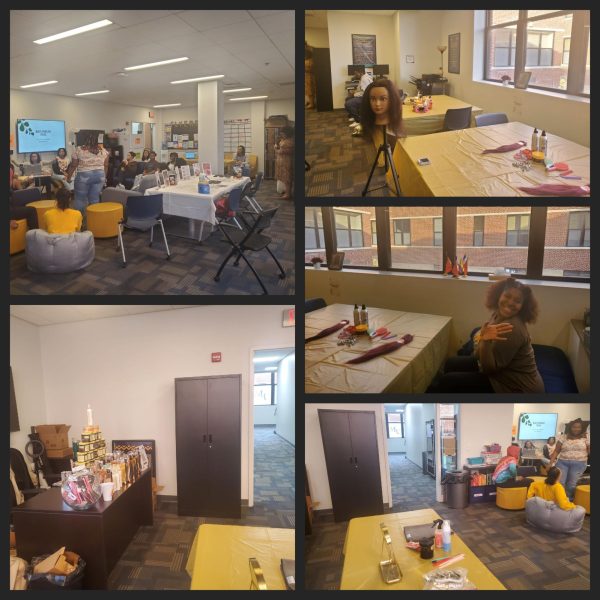
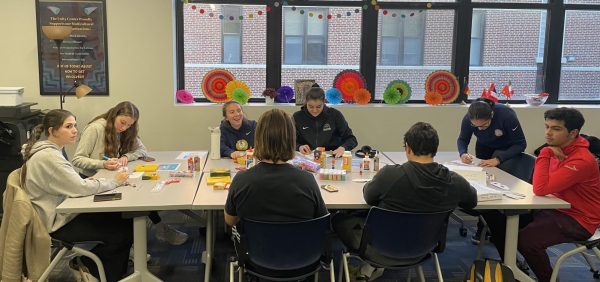
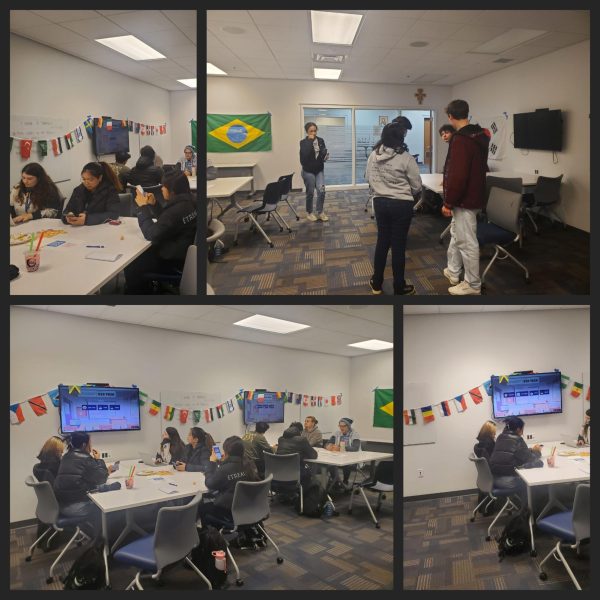
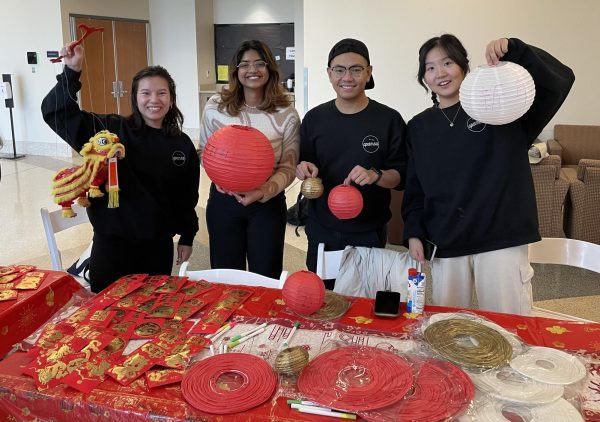
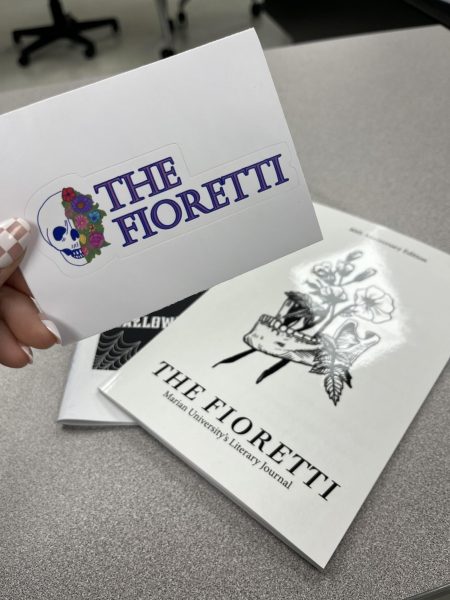
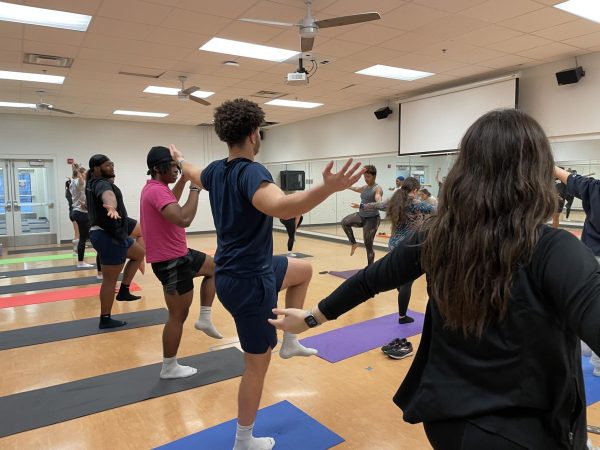
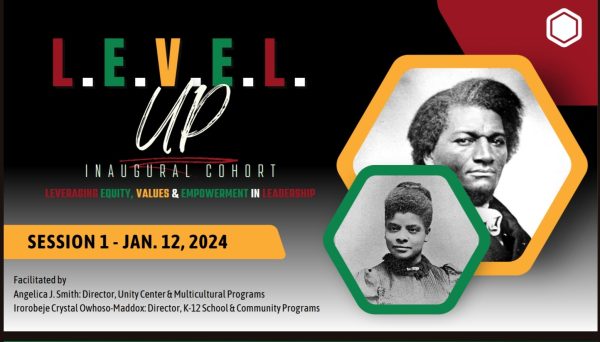
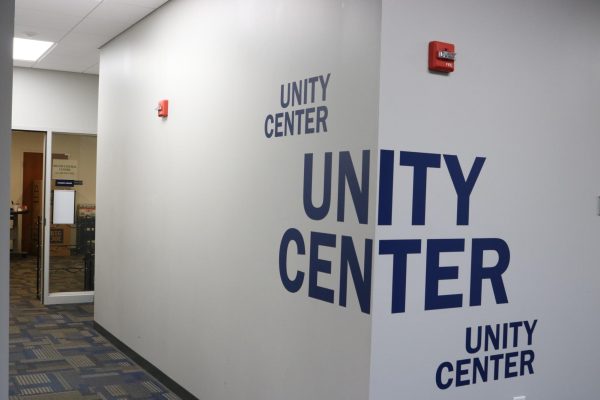
M Kubancsek • Sep 30, 2019 at 9:19 pm
The Lieutenant’s name is Dickey.
Lynné Colbert • Sep 30, 2019 at 4:39 pm
I believe the officer is Lieutenant Steve Dickey and not Diskey.
https://www.marian.edu/campus-life/campus-safety/officers-and-dispatchers
Michael Baumann • Sep 30, 2019 at 11:14 am
Parking is so complicated and always on everyone’s mind… so I really appreciate the reflections this story has invited me to explore.
For instance, something that I’ve always wondered about is why we don’t have more garages? Especially underground ones, like beneath / part of the foundations of some of the newer buildings? Is it cost? Environmentalism? Why have we picked the solutions we did? Why are they the best? Unless they aren’t…